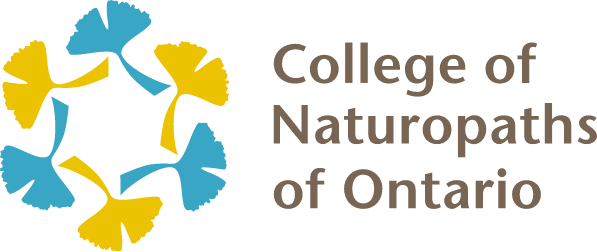Introducing Alternative Dispute Resolution
Posted On: July 22, 2021
The College of Naturopaths of Ontario has introduced an alternative way to address formal complaints filed about Registrants—Alternative Dispute Resolution or ADR. What are the specifics, and how does this work?
What is “ADR”?
ADR is a voluntary and confidential program that allows the complainant and the Registrant involved in a complaint to work with a facilitator to find a resolution and reach a mutually-satisfactory settlement. The Regulated Health Professions Act allows for the use of ADR and includes measures to ensure that public interest is served and protected.
Which complaints are eligible for ADR?
ADR is not available for all complaints. When we receive a complaint, our staff performs a review of the allegations and determines whether the complaint meets the ADR criteria specified in our policies. For example, matters involving sexual abuse or serious harm to the patient’s health are ineligible. Further, both the complainant and the Registrant must agree to participate in the process. Finally, if both parties consent to ADR, the complaint and signed participants’ agreements are provided to the Chief Executive Officer for a formal referral to ADR.
How does ADR work?
A College-appointed mediator will work closely with the parties involved, go over concerns with each party individually and facilitate meetings to discuss the issues and help the parties reach a mutually agreeable settlement.
ADR usually takes less time than the formal complaints process. Parties have up to a maximum of 120 days to come to a resolution. If the ADR process does not result in a settlement, the complaint will be processed through the formal complaints process. When a resolution is agreed upon, the parties will sign an agreement and submit it to us to be approved by the CEO and the Inquiries, Complaints and Reports Committee.
What are the potential outcomes or resolutions of ADR?
Neither the legislation nor the College policies have a defined set of potential outcomes or resolutions. These are determined by reasonable individuals seeking a resolution. Based on the experiences of other health regulatory authorities who have ADR programs, an ADR outcome may consist of one or more of the following (this list is not exhaustive):
- A letter of acknowledgment on part of the Registrant regarding the incident and the impact it has had on the complainant.
- An agreement by the Registrant to make changes to improve a particular aspect of care.
- A letter of apology by the Registrant to the complainant.
- An agreement by the Registrant to take a remedial or education course relating to the issue identified in the complaint.
- An agreement on part of the complainant that no further action is required.
How much does ADR cost?
We will cover all costs related to ADR. However, we don’t cover the parties’ expenses outside the mediation, e.g., travel, accommodation, meals etc., although it is unlikely that either the complainant or the Registrant will encounter these costs.
Additional information about the ADR is available on our website, or by contacting the College’s Professional Conduct Department.
Back to News & Announcements